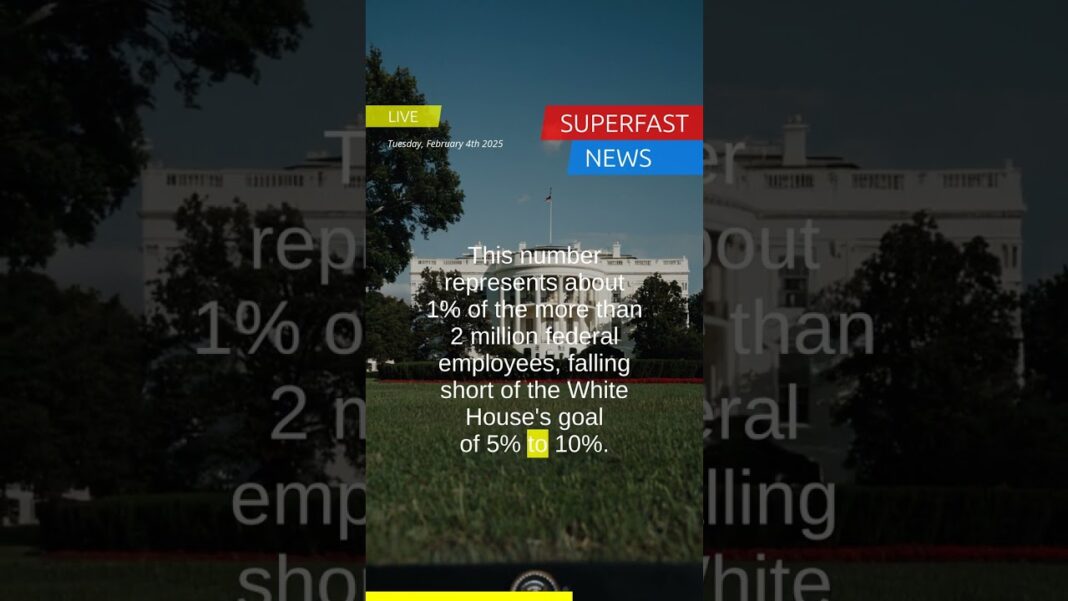The confirmation will now advance to the Senate floor.
The Senate Select Committee on Intelligence approved former congresswoman Tulsi Gabbard’s bid to become the next director of national intelligence.
The 9–8 closed-door vote means that Gabbard’s nomination will head to the Senate floor for a full vote, where she is likely to be confirmed as President Donald Trump’s intelligence director.
On Monday, key moderate Sen. Susan Collins (R-Maine) announced that she will vote in support of Gabbard’s nomination.
Trump’s nominee to lead the nation’s intelligence community was highly scrutinized during the committee’s public hearing on the matter on Jan. 30.
Lawmakers from both sides of the aisle expressed skepticism about Gabbard’s fitness for the role, given her previous support for intelligence leaker Edward Snowden and her previous opposition to a law that allows the federal government to indirectly collect intelligence on American citizens without a warrant.
The committee’s members largely characterized Snowden as a “traitor” and said that controversial surveillance laws were a boon to national security despite the risk to American civil liberties.
Gabbard assured the committee that she would not pardon Snowden unless directed to do so by the president, and acknowledged that the former National Security Agency intelligence contractor broke the law but refused to describe him as a “traitor.”
She said she supported Snowden’s efforts in exposing previously unknown programs through which the government solicited the assistance of tech companies to spy on American citizens.
“My statements in the past have been reflective of the egregious and illegal programs that were exposed in that leak,” Gabbard said.
“We cannot and should not have individual vigilantes within the intelligence community making their own decisions about how and where and when to expose our nation’s secrets,” she added.
Similarly, when pressed on her belief that section 702 of the Foreign Intelligence Surveillance Act (FISA) should be repealed, Gabbard said that she had reconsidered her position and now considered the law to be a vital national security tool.
“702 provides a unique tool and capability that is essential for our national security,” Gabbard said during the hearing, noting that “significant FISA reforms have been enacted” since her time in Congress.






